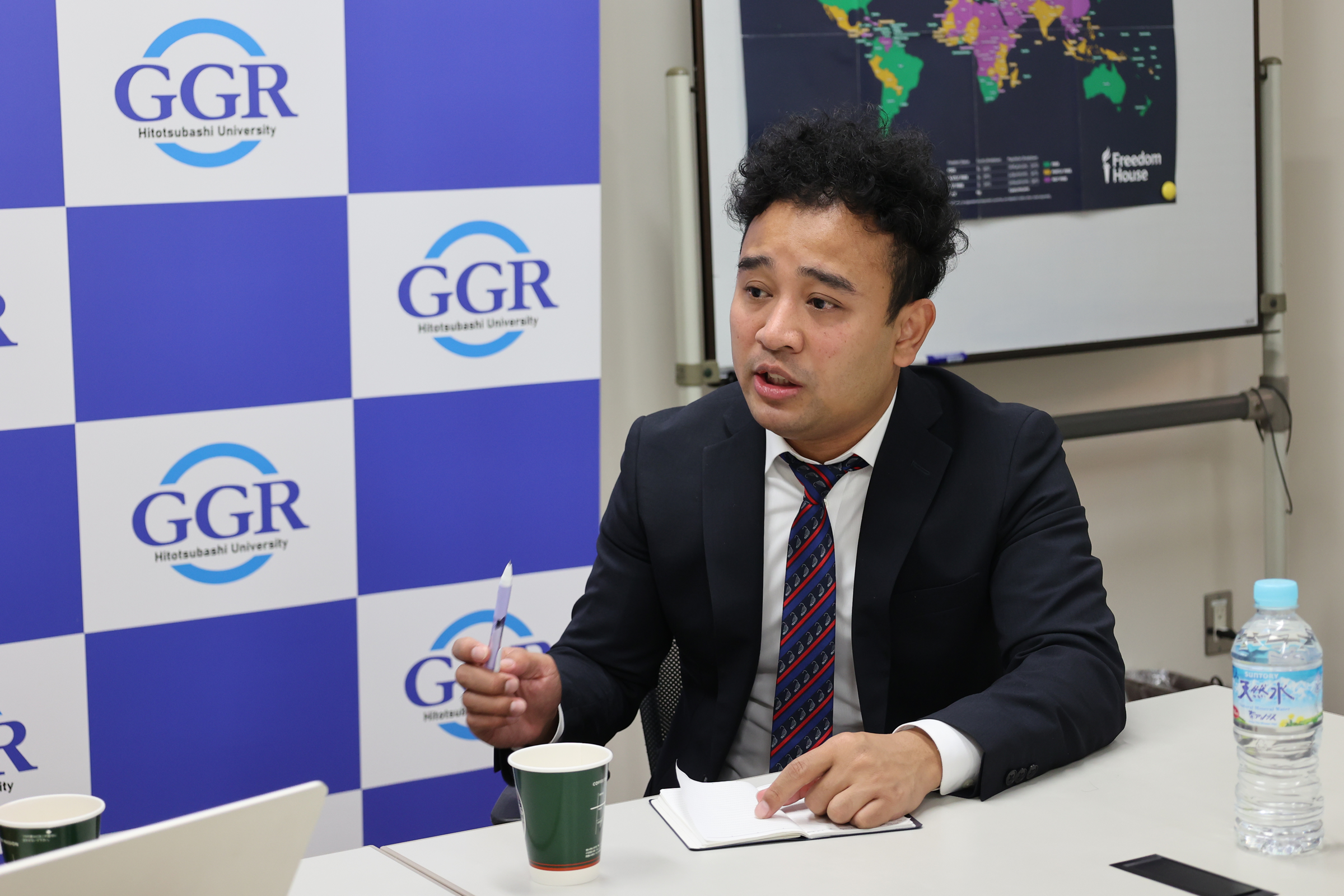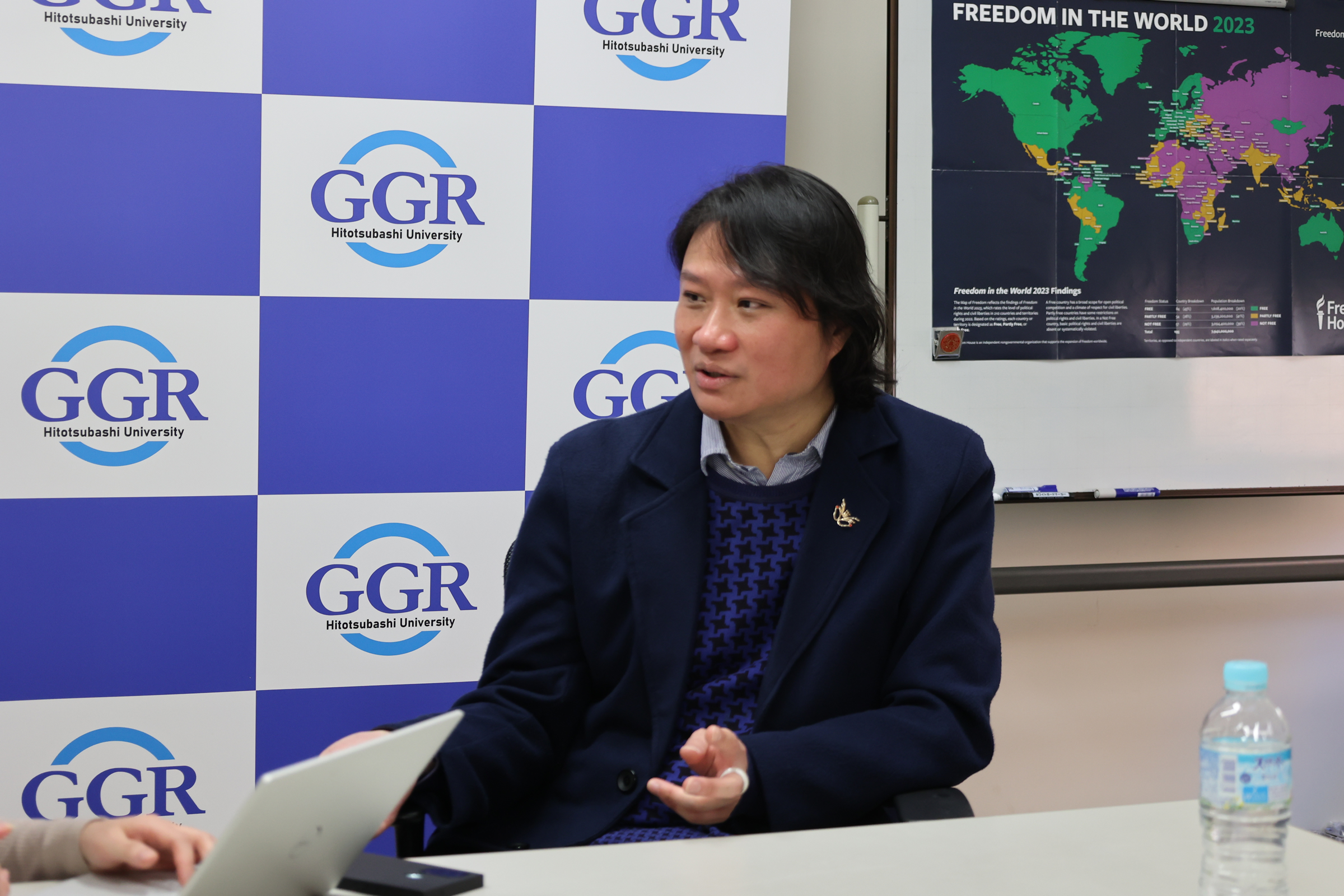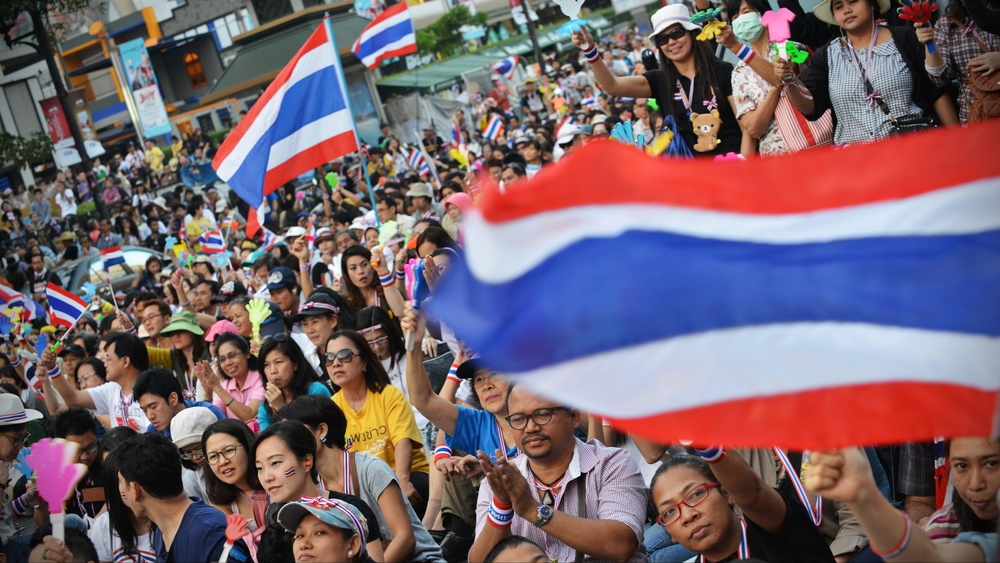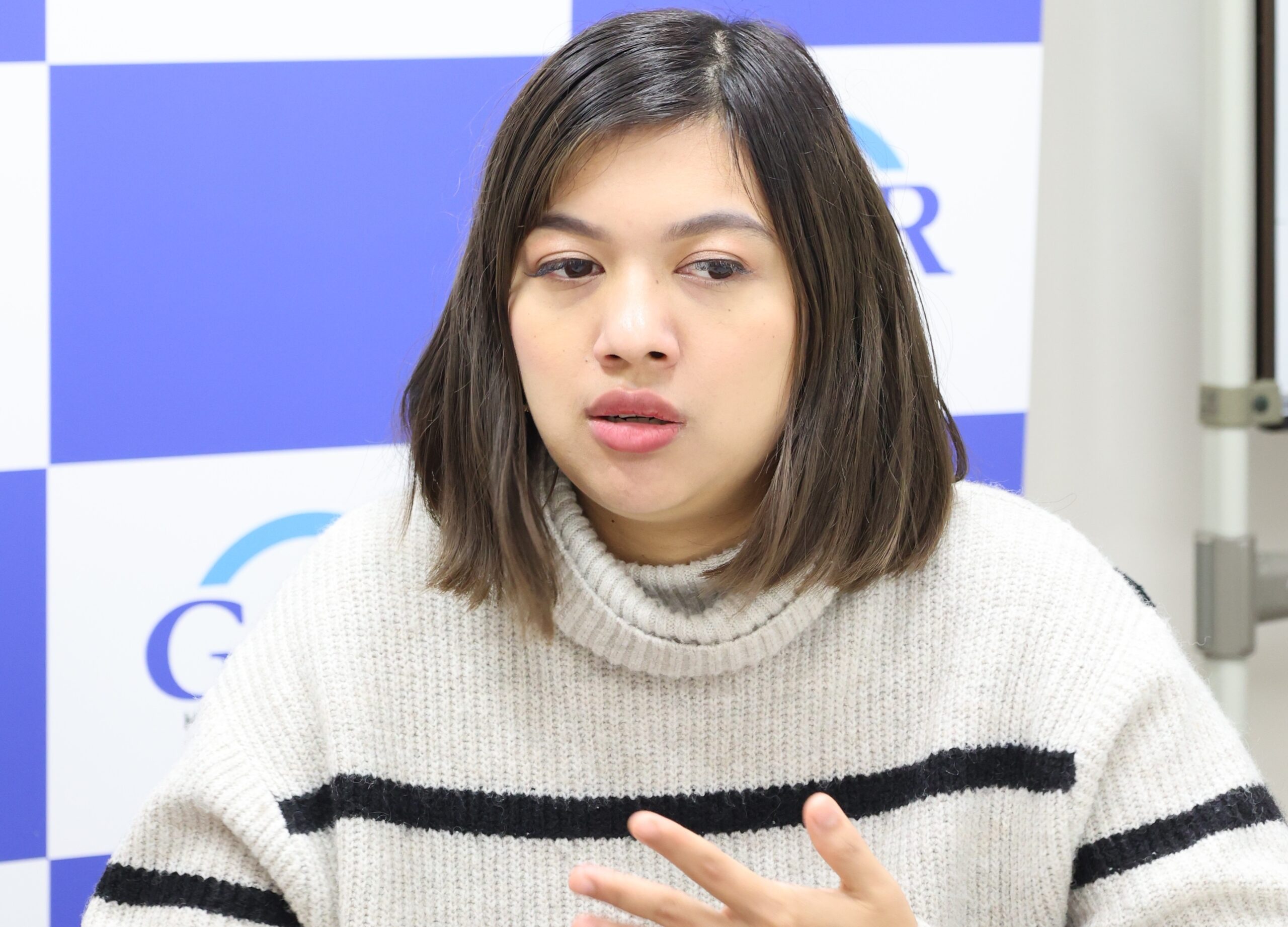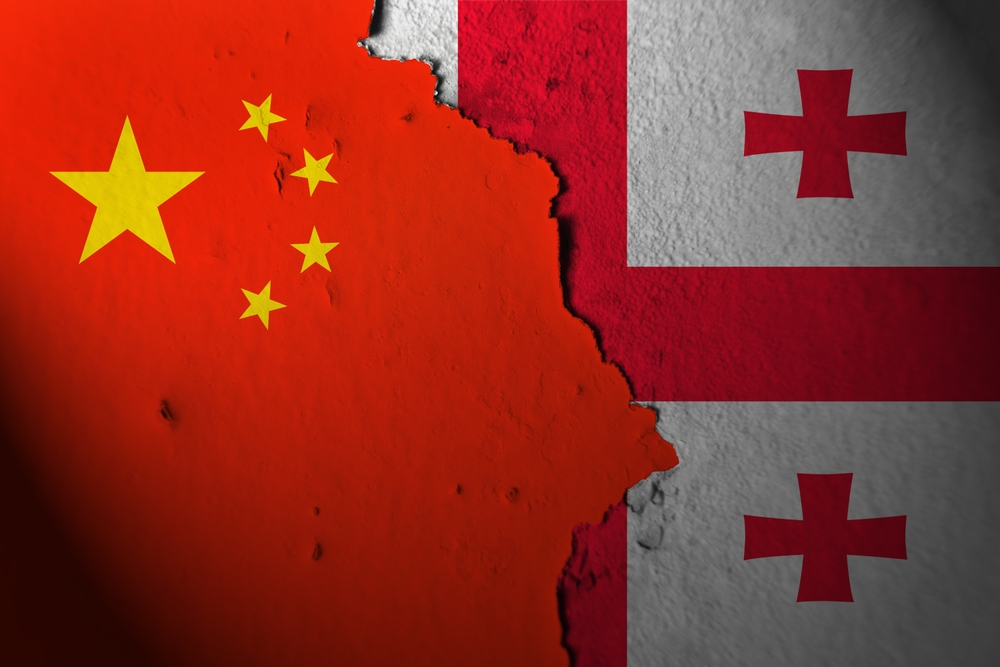Publications
Challenges in Measures against Digital Influence Operations: Why can’t the EU/US deal with the methods used by China, Russia, and Iran?
AbstractThe digital influence operation measures being undertaken in the EU and the US focus on dealing with disinformation, which in turn includes dealing with foreign interference and major social media platforms. However, the main aim of the CRI (China, Russia, and Iran) operation is to widen the polarization and distrust that already exist within their counterparts, and the use of disinformation and major social media platforms is only one of the ways to do so. The effectiveness of EU and US measures is limited in scope because the CRI can use other options to circumvent them. Since the attacker's goal is to divide the target country and spread distrust, it is essential for the defender to have an overarching understanding of the domestic situation in order to conduct research and to cope with the influence operation. However, surveys and research often involve case studies, and the overall picture is rarely examined, so effective findings are scarce. Current countermeasures, which are symptomatic treatments lacking a holistic picture, tend to fall into alarmism that issues indiscriminate warnings, and as a result, may deepen polarization and distrust. It is important to prioritize the understanding and sharing of the big picture in countermeasures against digital influence operations.
Reflections of a Myanmar Activist: Navigating Struggles and Fostering Resilience in Japan for the Homeland
Abstract*The paper was written based on an interview conducted on March 1, 2024.
Hong Kong Activism from the Perspective of Journalism and Cultural Ideas
Abstract*This paper was written based on an interview conducted on February 27, 2024.
Freedom of Party Formation through the Constitutions of Thailand
AbstractThe freedom of party formation is fundamental to democratic values but is often overlooked in Thailand. Contrary to its intended purpose of safeguarding rights and freedoms, the Thai constitution inadvertently impedes these very principles. By imposing stringent requirements for party formation and facilitating easier dissolution, the constitution not only imposes burdens on political parties but also restricts the freedom to establish them. Such constraints significantly undermine Thai citizens’ political participation and representation. Furthermore, the ease of party dissolution manipulates Thailand’s political context, and is often used as a strategic chess piece in the broader political game. This dynamic further complicates the political landscape in Thailand and highlights the need for constitutional reform to truly reflect the voice of the people.
Visualizing Record China Discourse through Exponential Family Embeddings
AbstractThis paper employs exponential family embeddings, a Bayesian machine learning method, to analyze the discourse in articles published by Record China. Specifically, it estimates the meaning of words in Record China articles by using exponential family embeddings. As a result of the estimation, this paper quantitatively reveals China's argument that Chinese democracy is superior and the discourse that the U.S. is a threat. If the amount of data is expanded in the future, it will be possible to visualize changes in Record China's discourse and differences between this discourse and that of the Japanese media in general. (The content of this article is solely the opinion of the author and has nothing to do with dip Corporation, to which the author belongs.)
Motherhood in Activism: A Dialogue with a Myanmar Activist Living in Japan
Abstract* This paper was written based on an interview conducted on February 22, 2024.
Japan and South Korea should also support Refugees in Asia [in Japanese]
AbstractOn August 6, 2023, The Shinano Mainichi Shimbun published an article authored by Professor Maiko Ichihara of the Graduate School of Law, titled " Japan and South Korea should also support Refugees in Asia." The article outlines the stance that Japan and South Korea should take in response to the large number of refugees in Asia, comparable to or even exceeding that in Ukraine. Professor Ichihara first explains the number of refugees equal to or surpassing that of Ukraine in Afghanistan and Syria, and subsequently analyzes why these occurrences remain underreported. The professor highlights the difference in clarity between the situation of sovereignty violation depicted in the Ukrainian invasion, and the seemingly sovereignty-unrelated emergence of refugees stemming from internal political situations in the other two countries. Furthermore, the article argues that the distinction between good and evil is sharply delineated in the context of Ukraine, whereas in other cases, the challenge lies in framing actions within a good-versus-evil paradigm. Lastly, Professor Ichihara emphasizes the imperative for collaboration and support in terms of objective and reputable humanitarian aid within Asia, urging the governments of Japan and South Korea to contribute to refugee assistance efforts.
China–Georgia Relations: A New Move on the Chessboard?
AbstractOn January 14, 2024, a high-level delegation from Georgia’s ruling party visited China to bolster ties related to the Middle Corridor Initiative, connecting China and Europe. Georgia support this initiative due to obstacles in the northern route via Russia caused by the Russia-Ukraine conflict. China has been active in Georgia through investments and participation in the Belt and Road Initiative. The visit follows a Strategic Partnership Statement signed in 2023, marking a significant milestone. However, the specifics of the partnership remain vague, and Georgia's foreign policy priorities primarily focus on relations with Russia and Western allies. The statement aims to deepen political, economic, and cultural ties, but its practical outcomes are uncertain. Consideration of other regional players like Russia, the United States, and Turkey is crucial, given their historical interests in the Caucasus region. Georgia's pivot towards China represents a shift in its foreign policy approach, but its impact on bilateral relations remains uncertain amidst the complex geopolitical dynamics of the Caucasus.
Analyzing Record China through the Structural Topic Model
AbstractThis paper uses text data from Record China to analyze which discourses its operators try to spread. Through the analysis, it is found that although the site has the name Record China, many of the articles are related to the negative aspects of Japan-ROK (Republic of Korea) relations. Specifically, articles related to South Korea's criticism of Japan or South Korea’s behaviors over the comfort women issue and the Rising Sun Flag are observed. In addition, regarding China-related coverage, articles that emphasize China's influence in international cooperation and its economic and technological prowess are seen. This seems to be an attempt to show that China is on an equal footing with the U.S. or has even surpassed it. It can be said to be credible, since Maiko Ichihara (Hitotsubashi University) demonstrated the same thing in her past research using different methods and data. It is important to emphasize, however, that this article is limited in the strength of its evidence because the analysis uses the articles of only a single media outlet over two years. For example, it is not clear whether the trends identified in the analysis are found only in Record China, or whether they are discourses that can be found in other Japanese-language media as well. Additional data can clarify this uncertainty in the future.
An Overview of Attribution in Cyberspace Influence Operations
AbstractWho is behind the influence operations that are extending the battlefield to social media, and what are their intentions? This paper outlines attribution in cyberspace influence operations and discusses ways to uncover it. As well as presenting concepts, analysis cycles, and models of attribution, the paper puts the models into practice in a campaign conducted just prior to the 2023 G7 Foreign Ministers Meeting. It also discusses the limitations of attribution using information sources closed to cyberspace in terms of estimating intent, obtaining data, and identifying true senders.



